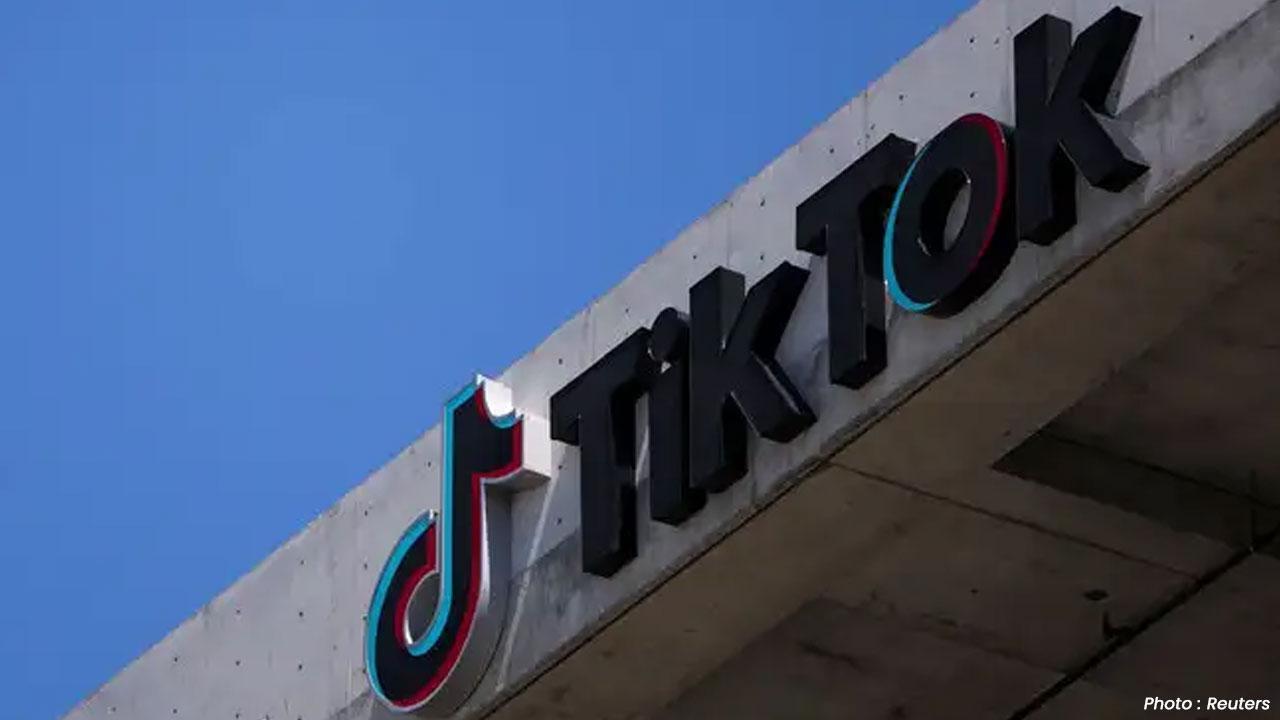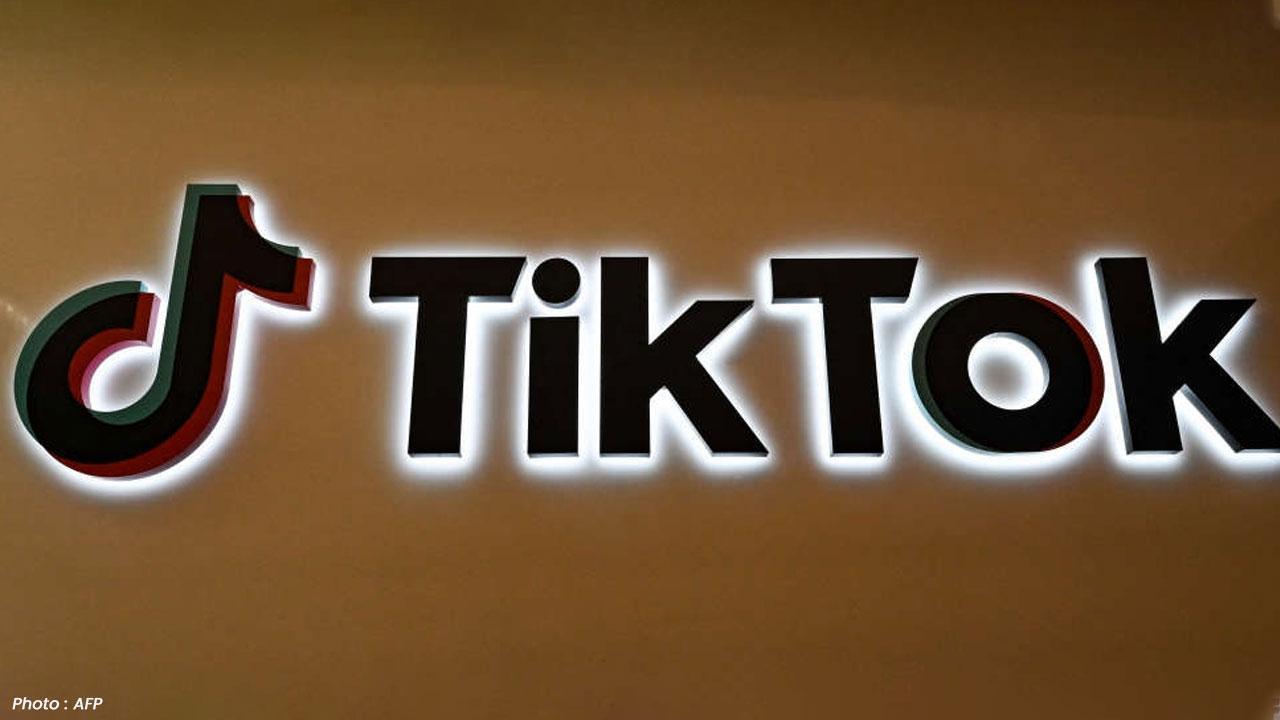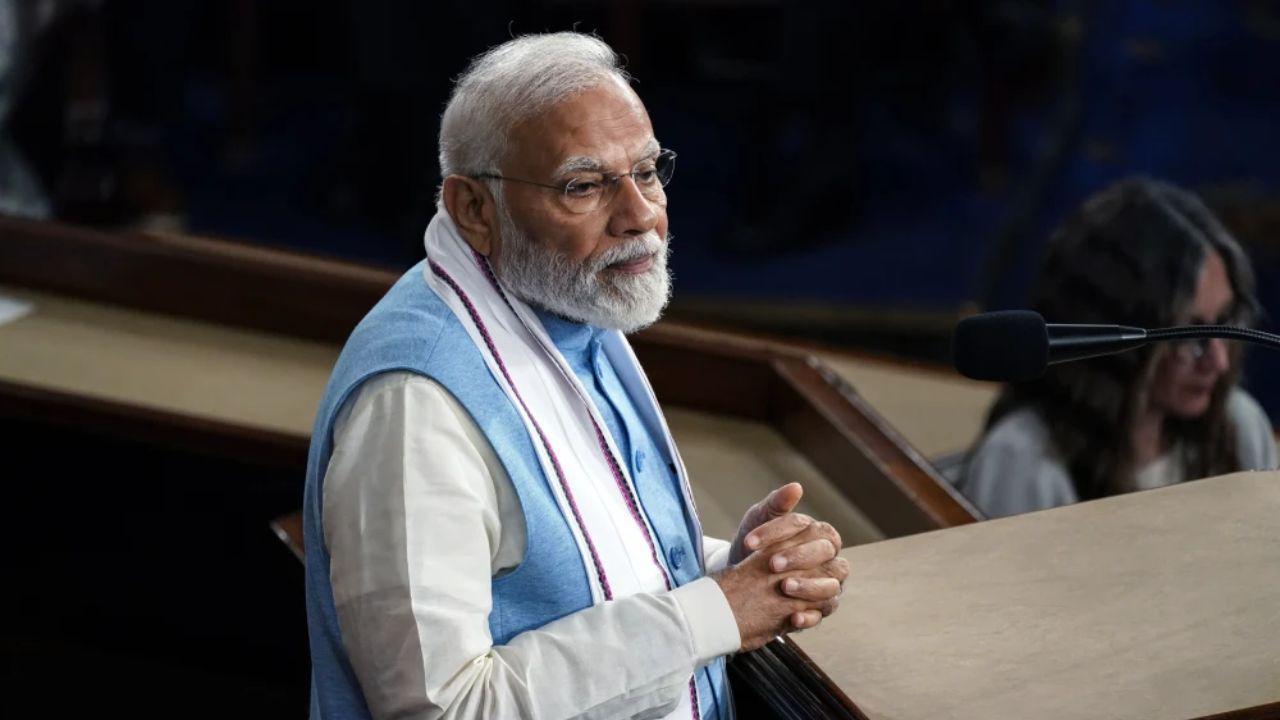
Join 10k+ people to get notified about new posts, news and tips.
Do not worry we don't spam!

Post by : Raman
TikTok, the world’s most popular short-video app, is again at the center of a major international discussion. A framework agreement between the United States and China was announced recently, aiming to place TikTok under US-controlled ownership. While the announcement has generated excitement, it has also raised many questions about whether the deal will comply with US laws and whether China will cooperate fully.
TikTok is owned by ByteDance, a Chinese company. The app has over 170 million American users, making it one of the most influential social media platforms in the United States. The app’s recommendation algorithm, which decides which videos users see, is considered ByteDance’s most valuable technology and the reason TikTok has gained global popularity.
What Is the Deal About?
US and Chinese officials announced the deal in principle in Madrid after trade talks. The agreement is expected to create a new company in the US that would operate TikTok’s American business. The idea is to ensure that US user data is controlled by American entities and that Chinese influence over the app is minimized.
However, details remain unclear. One key question is whether China will allow the export of TikTok’s recommendation algorithm. Without it, the app’s popularity might decline, and the new US-based firm may struggle to maintain the same user engagement.
The Algorithm Issue
TikTok’s algorithm is the “brain” of the app. It tracks users’ interests, learning what videos to show next to keep people engaged. ByteDance has been very reluctant to export this technology. In 2020, when the Trump administration first pushed for TikTok’s US business to be sold, China updated its export control rules. These rules now cover recommendation algorithms and similar technologies. Essentially, this gives the Chinese government a say in whether such a transfer can occur.
Without the algorithm, US investors might have to rebuild the app’s recommendation system, which is no easy task. This technical issue is central to the negotiations and could delay or even block the deal if not resolved.
US Legal Requirements
Another major concern is whether the deal will follow a 2024 US law. This law requires ByteDance to divest TikTok or face a ban in the United States. The law was passed because of fears that TikTok could give China access to Americans’ personal data. Congress wanted to prevent any influence operations or spying through the app.
President Donald Trump has already extended the law’s enforcement deadline three times. Some lawmakers argue that Trump had no authority to extend the deadline, and that any previous deals, such as one considered in April, did not fully comply with the law.
The Republican-controlled Congress is likely to review the latest framework carefully before approving it. If Congress rejects the agreement, the administration may have limited options to enforce the deal.
Will China Retain Ownership?
It is still unclear whether ByteDance, TikTok’s parent company in China, will retain any ownership in the US version of TikTok. During a press conference, Trump said:
“We haven’t decided that, but it looks to me and I’m speaking to President Xi on Friday for confirmation.”
US lawmakers, including Senate Intelligence Committee chair Tom Cotton, have said that any American investors buying TikTok must cut all ties with China. ByteDance’s current shareholders include American firms like Susquehanna International Group, General Atlantic, KKR, and Andreessen Horowitz. How much China remains involved, if at all, is a key point of contention.
What Happens Next?
If the framework deal moves forward, TikTok’s US operations would likely spin off into a new company. This company would be majority-owned and operated by American investors. A similar plan was outlined in April, but negotiations stalled because China initially refused to approve the transfer after Trump imposed steep tariffs on Chinese goods.
Congressional approval is a major step. Lawmakers will examine whether the new deal meets all legal requirements under the 2024 law. If it does not, the deal could be delayed or rejected entirely.
Why Is This Important?
TikTok is not just another social media app. It is a platform used by millions for entertainment, education, and business. Its US user base of 170 million is massive, making the security of this data a national priority.
The app’s algorithm is also extremely valuable. It shapes users’ experiences, increases engagement, and generates advertising revenue. Losing access to this technology could affect the app’s success in the US.
The stakes are high because the deal touches on national security, international trade, technology transfer, and user privacy.
Historical Context
In 2020, the Trump administration first tried to force ByteDance to sell TikTok’s US business. China updated its export rules to include algorithms, giving the government control over technology transfer. Since then, negotiations have been complicated by politics, tariffs, and legal questions.
The 2024 US law requiring divestiture was passed to prevent potential spying or influence operations. The Supreme Court has upheld this law, confirming that it does not violate the First Amendment. This legal backing gives the US government authority to enforce divestiture.
Reactions From Lawmakers
Democratic and Republican lawmakers alike are watching closely. Some Democrats argue that any deal under Trump might not meet legal standards. Republicans, meanwhile, insist that China must completely divest to ensure US security.
Congressional scrutiny is expected once the deal is made public. Lawmakers will review how the new ownership structure works, whether the algorithm is included, and if any ties to China remain.
Challenges Ahead
Even if an agreement is reached, many challenges remain:
Algorithm Transfer: China may not approve the export of TikTok’s recommendation technology.
Legal Compliance: The deal must comply with the 2024 law and get Congressional approval.
Investor Confidence: American investors need clarity on ownership and control.
Political Pressure: Both US-China relations and internal US politics could affect the deal.
Each of these challenges must be carefully managed for the deal to succeed.
The TikTok US divestiture deal is one of the most complex technology and trade issues today. It involves national security, international negotiations, and the future of a major social media platform.
The key points remain: Will China agree to transfer the algorithm? Will Congress approve the new ownership structure? And will the new US-based company be able to maintain TikTok’s popularity without Chinese support?
For now, negotiations continue. The world is watching closely to see how the US and China resolve this high-stakes situation. TikTok users, investors, and lawmakers all have a vested interest in the outcome, which could set an important precedent for technology, trade, and national security.
TikTok US deal, ByteDance algorithm, TikTok ownership US, US-China negotiations TikTok










Lily Collins Shines in Glamorous Calvin Klein Look at New York Fashion Week
Lily Collins stuns at NY Fashion Week in a sparkling Calvin Klein co-ord set, blending elegance, gla

Lippo Di Carrara wins UAE President’s Cup Derby at Doncaster
Lippo De Carrere shines at Doncaster, winning the UAE President’s Cup UK Arabian Derby, the richest

Jaismine Lamboria Wins World Boxing Gold for India
India’s Jaismine Lamboria claimed World Boxing gold, while Nupur Sheoran earned silver and Pooja Ran

Sri Lanka beat Bangladesh by 6 wickets in Asia Cup 2025 opener
Sri Lanka started their Asia Cup 2025 campaign with a six-wicket win over Bangladesh, powered by Nis

PM Modi Lays ₹6,300 Crore Projects in Assam Criticizes Congress
PM Modi accuses Congress of backing infiltrators, lays ₹6,300 crore health and infrastructure projec

Sushila Karki Becomes Nepal’s First Woman Prime Minister
Eminent jurist Sushila Karki, 73, becomes Nepal’s first woman prime minister after Gen Z protests to